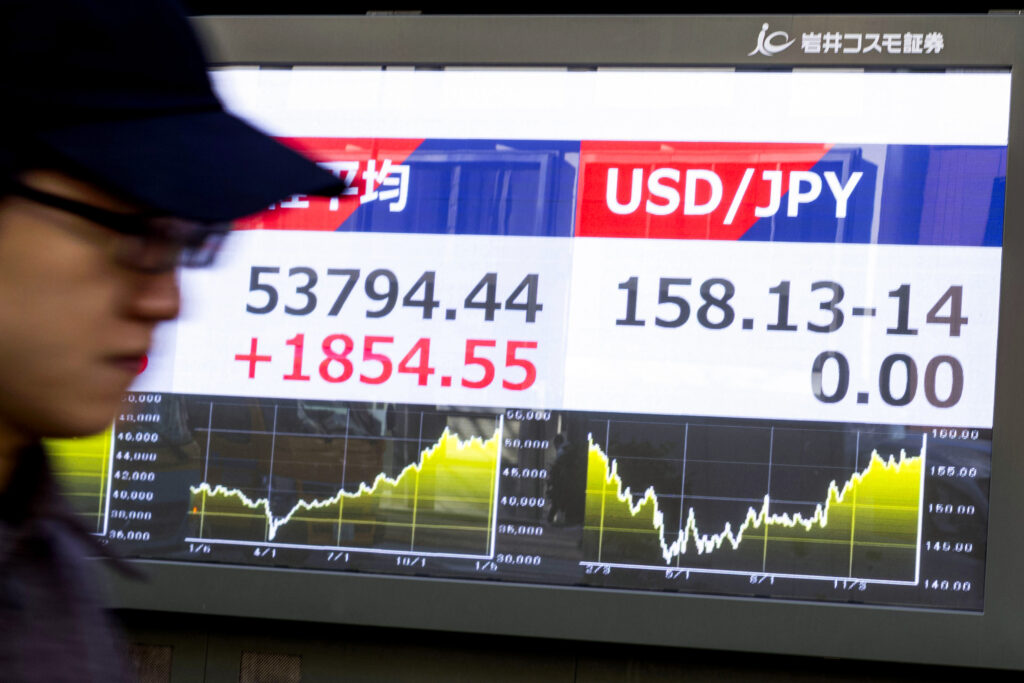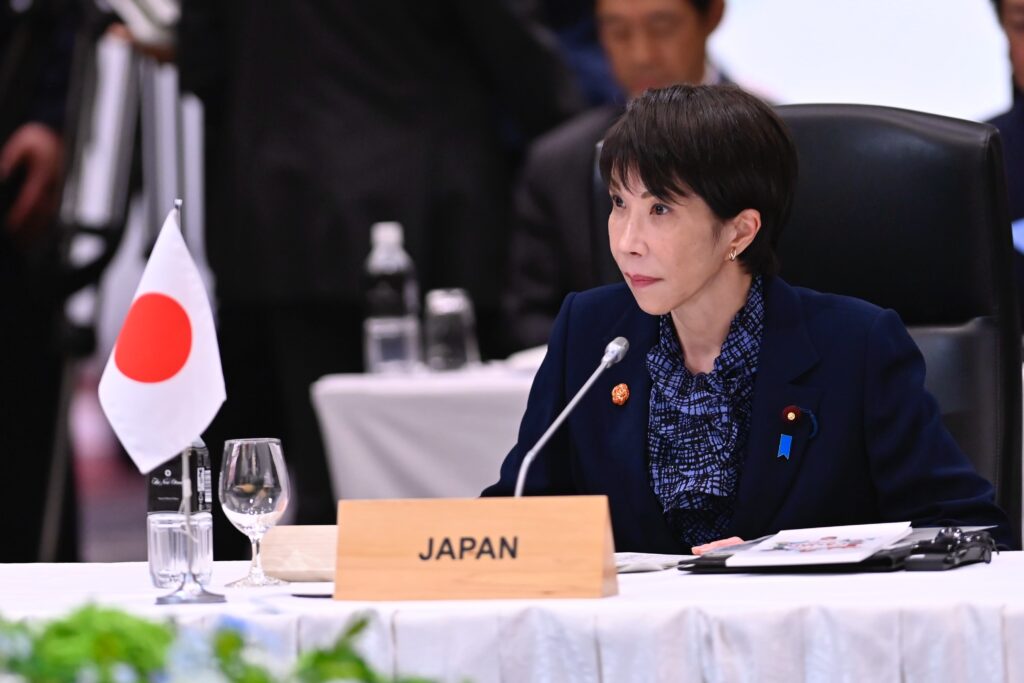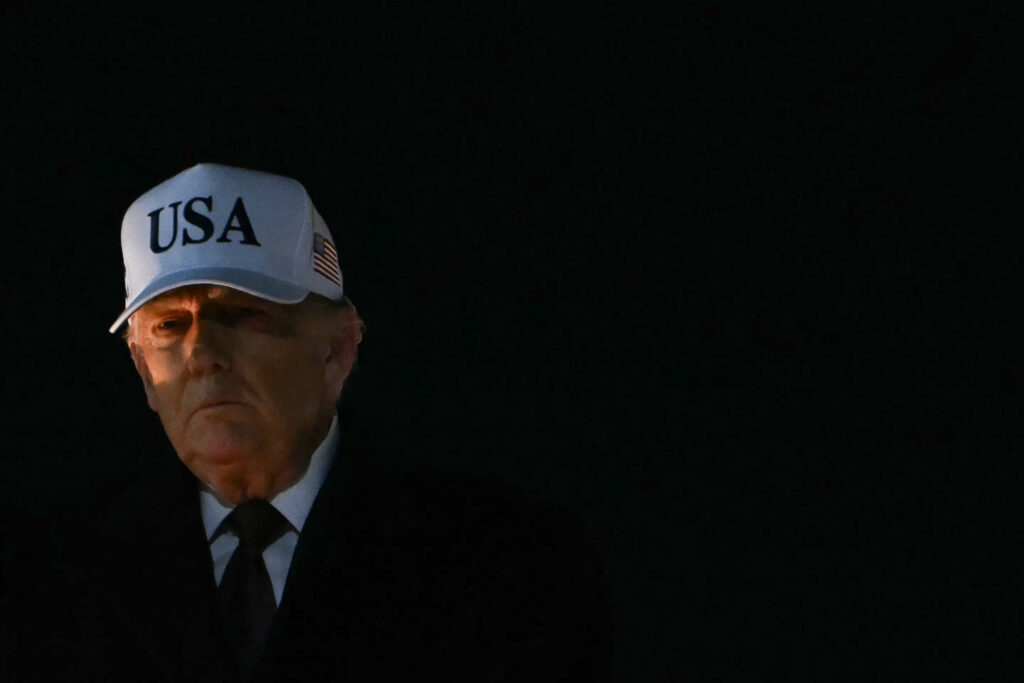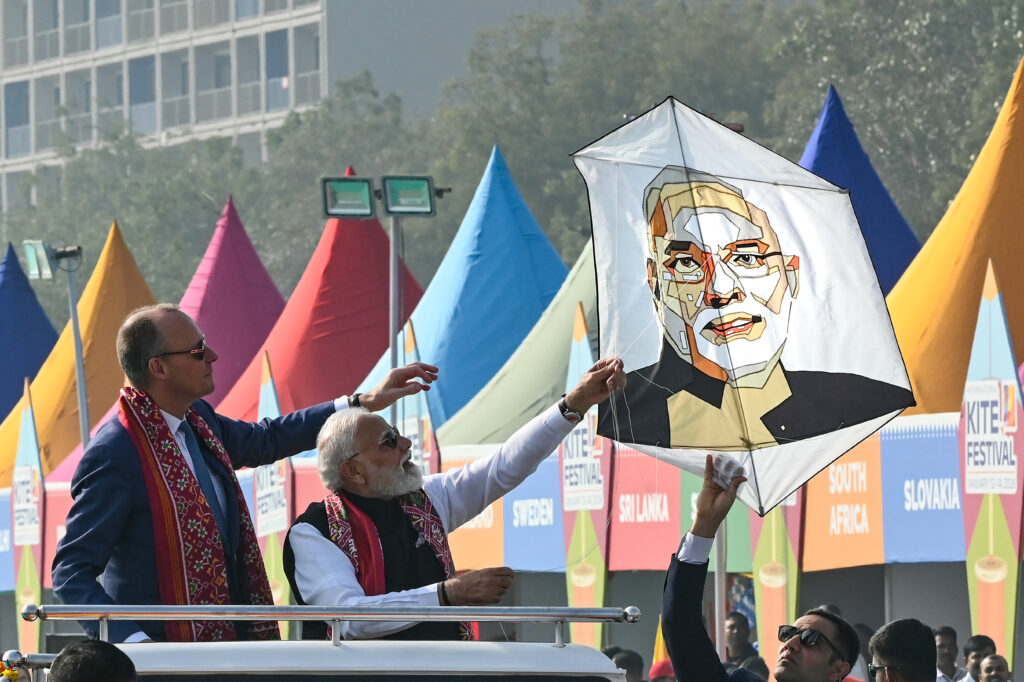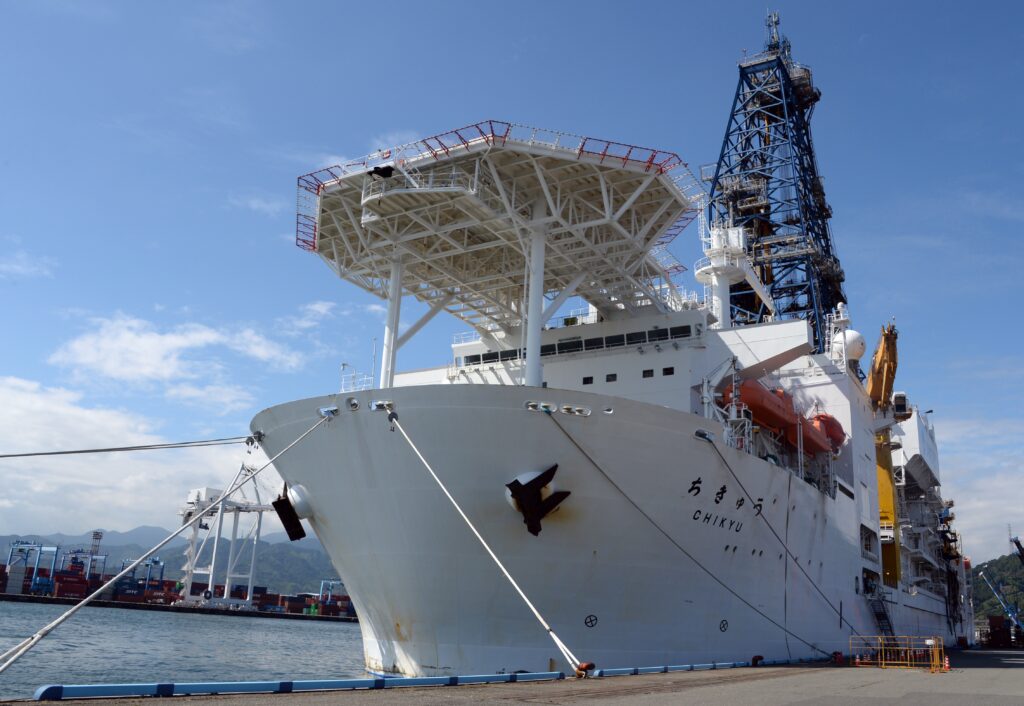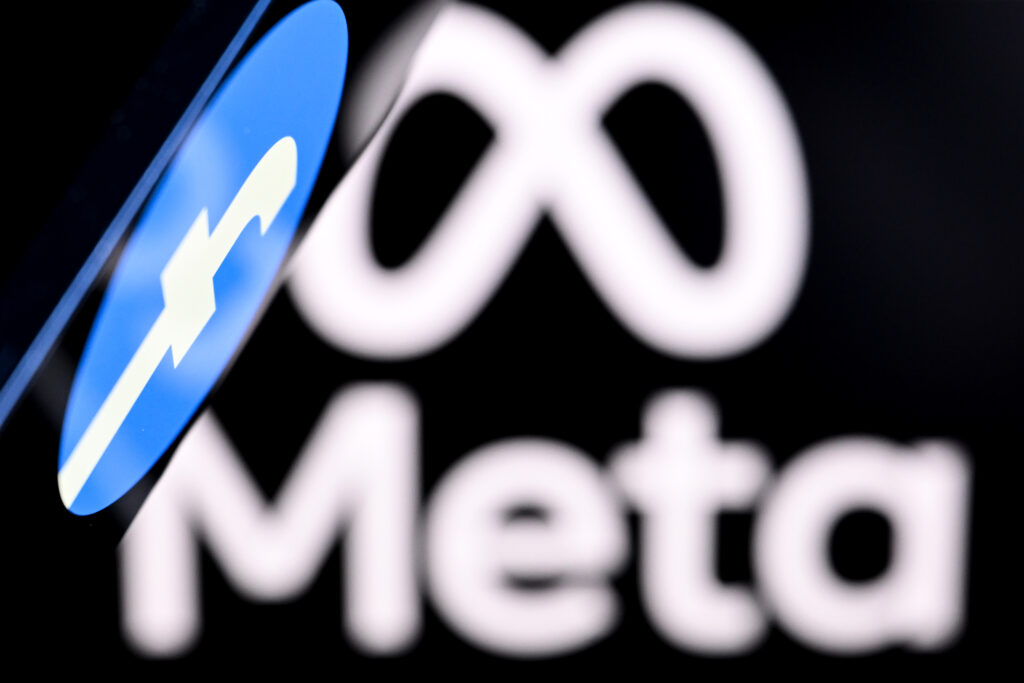Asian markets rise, Iran worries push up oil
Asian markets mostly rose on Tuesday with Tokyo closing at a record high on speculation over a snap election, while concerns about Iran pushed oil prices higher.The rallies followed another record finish on Wall Street overnight, where investors shrugged off worries about a US criminal probe of the Federal Reserve central bank.Tokyo’s Nikkei closed 3.1 percent up, driven by anticipation that Prime Minister Sanae Takaichi will capitalise on strong poll numbers by calling an election.Takaichi became Japan’s first woman prime minister in October and her cabinet has an approval rating of around 70 percent.But her ruling bloc only has a slim majority in parliament’s powerful lower house, hindering her ambitious policy agenda.Tokyo’s gains were mirrored by increases in Hong Kong, Sydney, Singapore and Malaysia. Shanghai was down at the close, with Wellington, Mumbai, Bangkok and Manila also in the red.London and Frankfurt were flat at the open, with Paris in the red.Seoul climbed 1.5 percent after South Korean chip giant SK hynix said it would spend 19 trillion won ($12.9 billion) building an advanced chip packaging plant, as the firm rides the global AI boom.It came after New York’s Dow and S&P 500 ended at records for a second straight day.The tech-rich Nasdaq index also bounced back from early losses after Sunday night’s disclosure of the US Department of Justice probe into the Federal Reserve.Broad optimism over the global economy and technological advances such as artificial intelligence have buoyed market sentiment in recent months.Oil prices rose after US President Donald Trump announced a 25 percent tariff on any country trading with Iran, ramping up pressure on Tehran over its violent crackdown on a wave of protests.Michael Wan at MUFG noted that Iran makes up three percent of global oil production, with Venezuela supplying around one percent “as a rough rule of thumb”.”China stands out as the top trading partner for Iran, both across exports and imports, and also in terms of its position as the top importer of Iranian crude oil,” he said.Trump said in a social media post on Monday that the new levies would “immediately” hit the Islamic republic’s trading partners who also do business with the United States.Taipei was up 0.5 percent after the democratic island said it had reached a “general consensus” with Washington on a trade deal, following months of talks.Taiwan and the United States began negotiations in April to hash out a trade deal after Trump slapped a 32 percent tariff on Taiwanese exports, which was later lowered to 20 percent, as part of his sweep of measures against dozens of trade partners.- Key figures at around 0815 GMT -Hong Kong – Hang Seng Index: UP 0.9 percent at 26,848.47 (close)Shanghai – Composite: DOWN 0.6 percent at 4,138.76 (close)Tokyo – Nikkei 225: UP 3.1 percent at 53,549.16 (close)West Texas Intermediate: UP 0.5 percent at $59.81 per barrelBrent North Sea Crude: UP 0.5 percent at $64.18 per barrelEuro/dollar: DOWN at $1.1658 from $1.1666 on MondayPound/dollar: UP at $1.3468 from $1.3466Dollar/yen: UP at 158.86 yen from 158.17 yenEuro/pound: DOWN at 86.56 pence from 86.63 penceLondon – FTSE 100: FLAT at 10,140.70New York – Dow: UP 0.2 percent at 49,590.20 (close)
